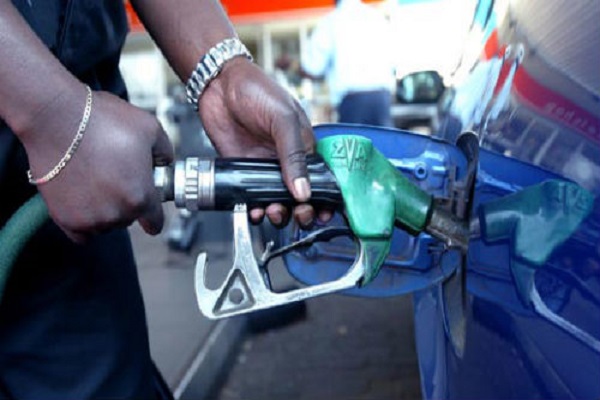MRG Metals to begin exploration on promising rare earth projects in Mozambique
IMF supports fuel price increase – AIM report

File photo
The International Monetary Fund (IMF) has argued that the Mozambican government was correct to increase fuel prices. In a press release received by AIM on Thursday, the Bretton Woods institution stated, “the raising of fuel prices will eliminate an expensive and very inefficient subsidy”.
On Wednesday, the government announced that the cost of a litre of petrol would rise from 50.02 meticais (about 74 US cents, at current exchange rates) to 56.06 meticais, an increase of just over 12 per cent. For diesel, the rise is 13.2 per cent: a litre now costs 51.89 rather than 45.83 meticais.
The sharpest increase is for kerosene, from 33.08 to 41.61 meticais a litre, an increase of 25.9 per cent. The price of butane cooking gas rises by 4.3 per cent, from 58.54 to 61.08 meticais per kilo. The price of compressed natural gas remains almost unchanged, rising from 25.47 to 25.59 meticais a kilo.
In its press release, the IMF wrote that this measure “is an important step in the process of reforming the fuel sector in Mozambique and we agree that any effect on the wellbeing of the most vulnerable families should be offset”.
The IMF pointed out that fuel prices have in general been below the market price and the prices charged by neighbouring countries. It stated, “this had been possible due to a subsidy that compensated fuel companies for the difference between the regulated prices and the cost of importing those products”.
It continued, “this subsidy, as well as being very onerous on the state coffers, has benefited the richest, who have the biggest cars and on average consume much more fuel.
The IMF calculates that between 2012 and 2014 the fuel subsidy equalled between 1.1 and 1.5 per cent of Mozambique’s GDP. The drop in international oil prices in 2015 led to a reduction in the subsidy. However, it rose again as international prices recovered.
According to a study carried out by the IMF in 2015, the richest fifth of the population consumes almost all of the petroleum products and receives nearly two-thirds of the subsidy. In contrast, the poorest twenty per cent of the population benefits from less than five per cent of the subsidy. The IMF calculated that a twenty per cent increase in fuel prices would reduce income in the poorest families by about two per cent.
The IMF pointed out that most of the effect on the poorest strata is through the cost of basic services such as transport, especially in urban areas. It concluded, “therefore, it is understandable that the government wants to maintain for now the compensation scheme for transporters to avoid sudden increases in public transport fares”.
A statement from the Ministry of Mineral Resources and Energy on Wednesday assured the public that the government subsidy for the diesel used in passenger transport will continue, as will the subsidies for diesel used in agriculture, fisheries, and to generate electricity in the districts.
The fuel subsidy had become extraordinarily expensive and led to the government racking up a large debt to the fuel companies. Earlier this month the Association of Mozambican Fuel Companies (AMEPETRO) complained that the government owed the companies 70 million US dollars, and the debt was growing by the day. AMEPETRO put the cost of this general subsidy at over 300,000 dollars a day.
The government has pledged to review fuel prices every month, and adjusted prices upwards or downwards in line with the import price and the exchange rate of the metical.












Leave a Reply
Be the First to Comment!
You must be logged in to post a comment.
You must be logged in to post a comment.